
The phrase “sissy boy” is a transliteration from the English “sissy boy”. In America, this phrase is used for the name of an effeminate man, who, as a rule, has a non-traditional sexual orientation. The phrase is derogatory and most often sounds in an offensive context.
Contents
- Designation and use of the word
- “Sissy” in relation to women
- Origin of the word
- “Sissy boy” as a separate subculture
- Why Men Become Sissy Boys, A Scientist's Perspective
Designation and use of the word
The term “sissy boy” consists of two words. The word “sissy” can be translated as “sister”, “sister”, and “boy” – “guy”. This phrase is applicable to those guys who try their best to demonstrate their femininity. Basically, “sister” calls those men who have absolutely no courage, courage, athletic physique, male ego, in general, everything that is commonly associated with the stronger sex.
Less often, the word “sissy” can be applied to those who are fond of female hobbies (embroidery, sewing), are interested in or work in the field of fashion, or even to those guys who carefully monitor their appearance (use creams, do manicures). Thin boys with narrow shoulders and homosexuals can also fall into this category.
In Russian, this term can be compared with more familiar words: wimp, effeminate, metrosexual, blue. Since the expression is offensive, you can replace it with the very abusive word “faggot”.
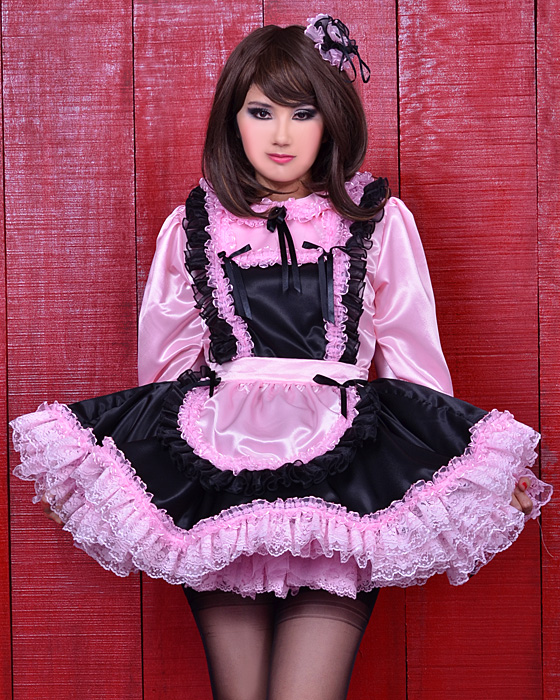





The expression “sissy boy” has a counterpart to describe masculine women – “tomboy”. But if “tomboy” is a neutral term for those girls who outwardly try to look like guys (short haircut, unisex clothes), then “sissy boy” carries a specifically negative connotation.
“Sissy” in relation to women
The word “sissy” can also be applied to the beautiful half of humanity. But there is no negative connotation here. In relation to women, this word is used mainly in the US. Since “sissy” is a derivative of “sister”, it is applicable to the name of the sister. It can be both a diminutive in family relationships (“sister”), and in friendships – to indicate affection.
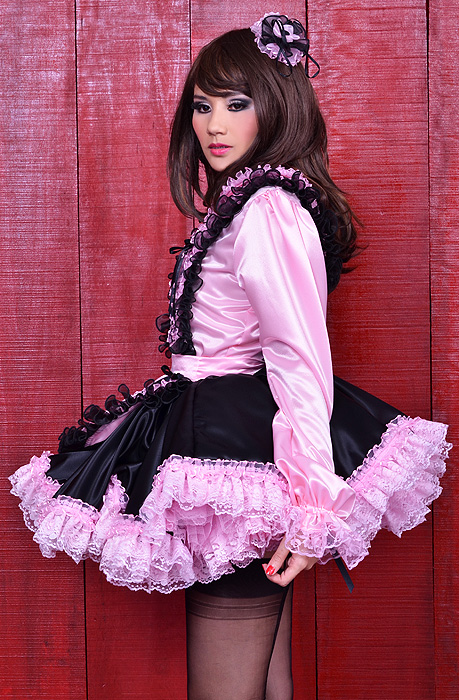



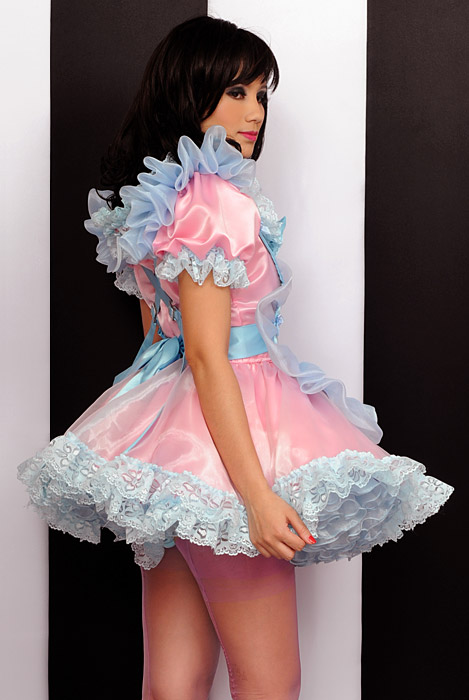
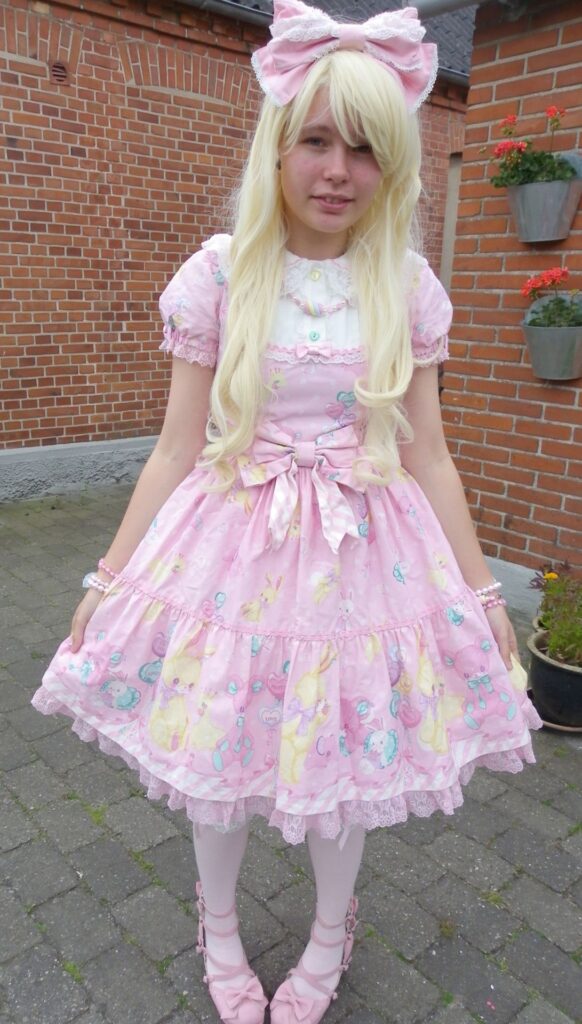
Origin of the word
It may seem that this word is new, because in Russian it began to be used just yesterday. Basically, it can only be heard from teenagers, who often use English words in their slang. But the term is not new at all, “sissy boy” in the meaning of “sister” began to be used as early as 1850, and its coarser meaning appeared a little later, approximately in 1890. Despite its ancient roots, the term began to be used en masse only in the 30s years of the last century.





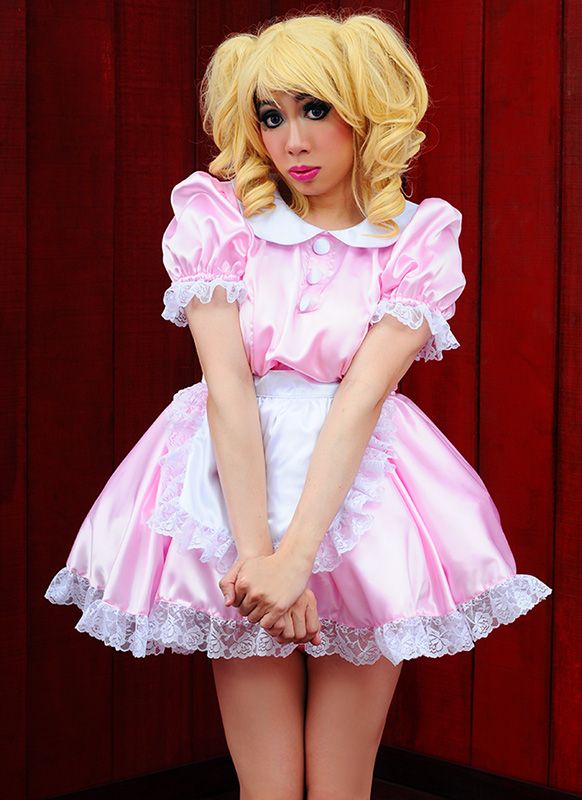

American football players can be thanked for introducing it into American speech. It was football players and sportswriters who began to call the word “sissy boy” the players of the opposing team and simply those who were the weak link on the field.
After football players, this word began to be massively used by representatives of criminal youth. “Sissy Boy” worked great on the cowardly guys who wanted to recruit into the gang: the guy was teased with this not the most pleasant word, and he joined the group so as not to seem like a weakling. Accordingly, members of rival gangs could hear this term in their address to foment conflict.
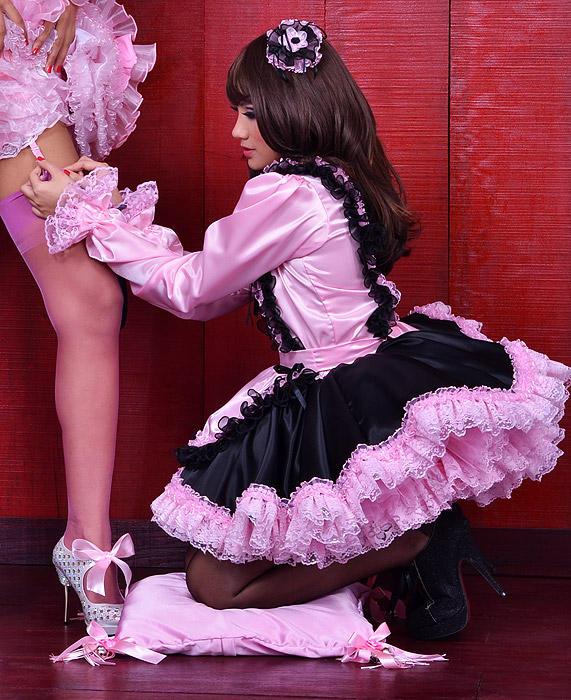





Good boys who studied well and were diligent also often bothered with such a “title”. In general, the word soon began to be used by everyone who wanted to somehow hurt or pin up a guy.
“Sissy boy” as a separate subculture
“Sissy boy” is not just offensive expression. This word encompasses a whole subculture. Often effeminate men want to separate themselves from the strong half of humanity and act as a separate front.

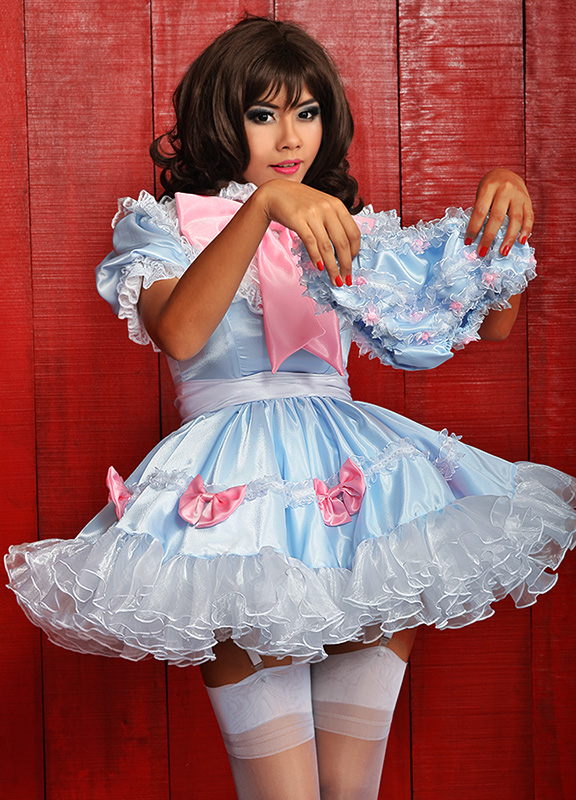




How this expression is used in social layers:
- Male Community
Real men with a pronounced masculine appearance and habits characteristic of a man really do not like their feminine counterparts. Often “sissy fights” are regarded as a threat to all male power. After all, if men gradually cease to be men, what can we expect in the future. Will such male representatives be able to defend the honor of their country, family? Therefore, men use the word “sissy boy” solely as an insult.
- Sorority
Women are softer in nature, so they treat effeminate men with understanding . Feminists are especially supportive of sissy boys, because they are extremely negative about the patriarchal system and pronounced masculine traits. It is they who believe that the use of this term is unacceptable, because insulting weaker men is extremely incorrect.






- “Sissy Boy” in sexual subcultures
Speaking of fetishists or adherents of BDSM, the term “sissy” is used to name a man who loves in bed try on the role of a little girl or prefer to dress in women's outfits.
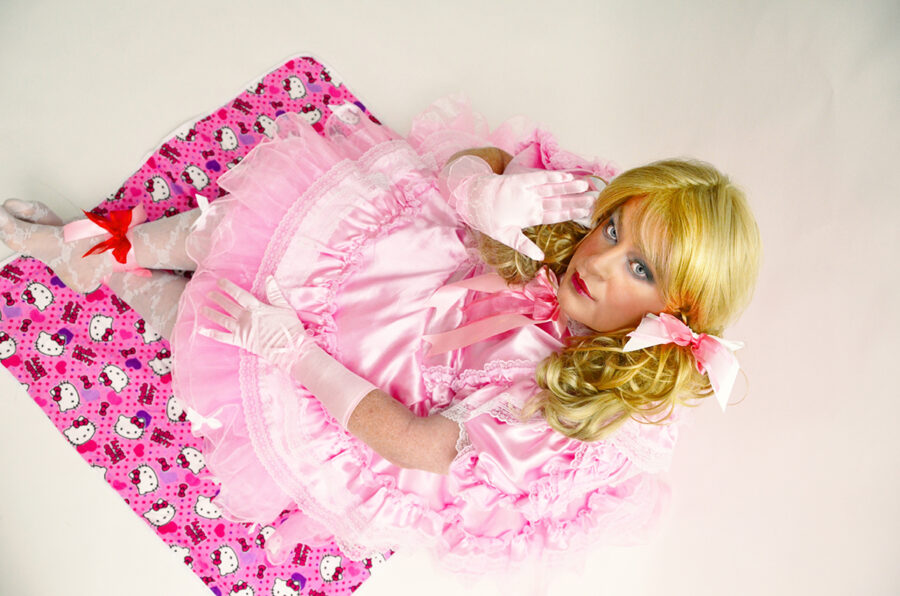
Why Men Become Sissy Boys, A Scientist's Perspective
Richard Green did a study on two groups of little boys. He wanted to determine which children might become weaker men with homosexual tendencies in the future. In the first group, he took boys who developed according to the usual male type, and in the second – weak guys who liked to play with dolls and spend time in a girl's circle.
His study took 15 years, he looked not only at the behavior of children, but also at their relationship with parents, friends, their hobbies. At the end of the experiment, it was seen that almost 3/4 of the boys from the weaker group became homo- or bisexual, when only 1 from the group of boys with typical male behavior.
Thanks to this study, it can be considered that the most an important factor in the formation of “sissy fights” is their nature. After all, children were not yet influenced by society, they simply had more girlish behavior.






